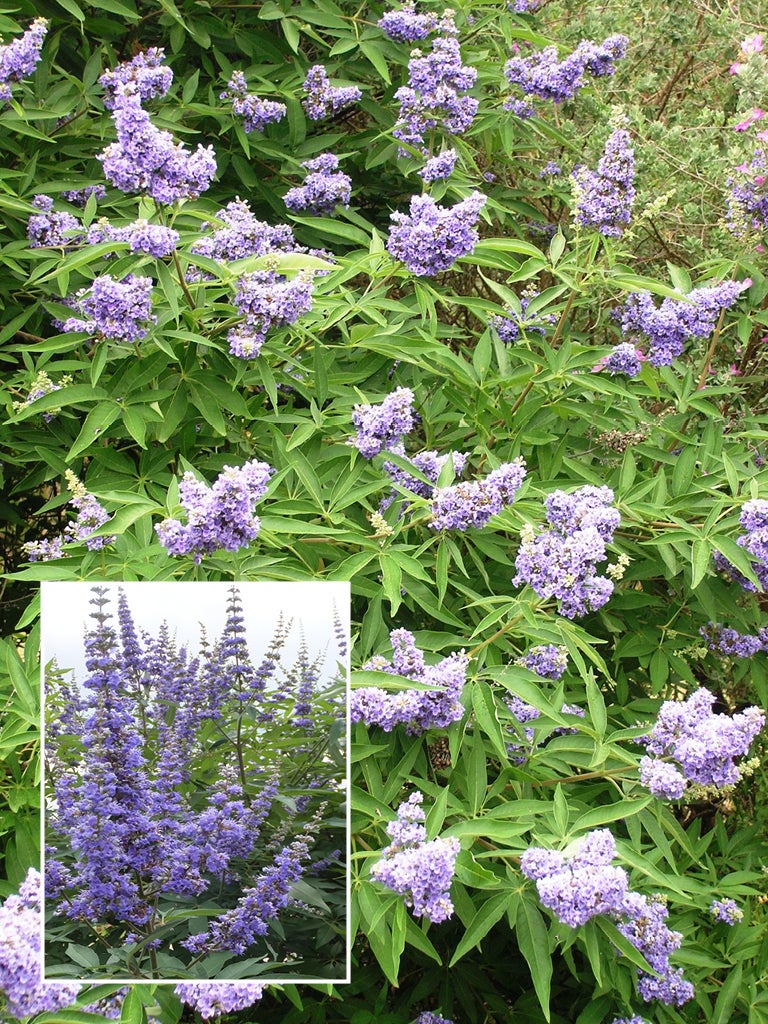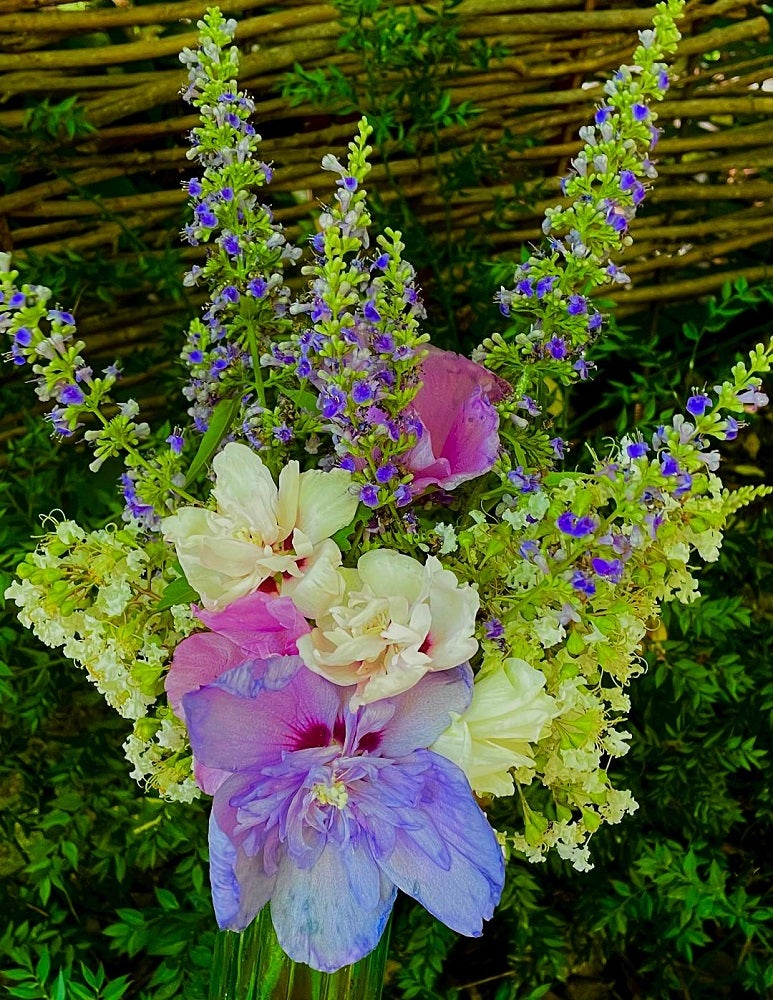Enjoying Spring flowers through Summer
Published 8:02 am Monday, June 21, 2021
|
Getting your Trinity Audio player ready...
|
Spring flowers are usually easy, with azaleas and other early-blooming shrubs poking us in our color-starved eyes. But it takes a real trouper to hold up at all, much less shine, in the heat and humidity of Mississippi’s torrid summers.
As much as we love our cannas, purple coneflowers, lantana, and other summer flowering perennials, the very best gardens include several more statuesque “woody” plants, especially those that flower this time of year.
There are the most obvious ones, of course, starting with different size and color crape myrtles, roses, and abelia, which when I was a kid was my go-to flower for catching butterflies and weird little clear-winged hummingbird or bumblebee moths.
As crape myrtles gradually succumb to the serious new pest called bark scale, I expect a resurgent interest in the many more floriferous, less weedy forms of old-fashioned althaea, a cold-hardy hibiscus often called rose of Sharon because it is native to the plains of Sharon.
Drought-tolerant althaeas come in single and double flowers of white, pink, lavender, purple, red, and even blue, with or without contrasting throats; some have variegated leaves as well. All are graveyard tough – easiest way to kill one is with fertilizer, and water.
Other mainstay Southern summer flowering beauties include both large and small gardenias, everblooming hydrangeas, Encore azaleas, Little Gem magnolia, vitex (another stunning contender for crape myrtle substitute), oleander, beautyberry, bottlebrush, and butterfly bush or Buddleia, which depends on repeat pruning to keep flowers coming on strong.
Much as I try to leave alluring descriptions of hard-to-find plants to other writers, there’s a handful of exotic beauties that, though rarely found in garden centers are real traffic-stoppers grown all over the state. The glory bower, a type of Clerodendrum that is a tree on the coast, and large shrub in central Mississippi, is hands-down the most fragrant summer bloomer. Brunfelsia is an antique passalong shrub commonly called “yesterday, today, and tomorrow” because its purple flowers fade to lavender, pink, and white.
In addition to my sun-loving summer-flowering and stunning Autumn foliage sumac, two other native shrubs are seriously overlooked as summer-flowering mainstays for shade and wet gardens. An online search will show the exquisite flowers of summer-sweet, a small spreading shrub with fragrant spikes of white or pink flowers, and buttonbush with its dozens of spiky round flowers that used to look like Sputnik satellites but now resemble the more familiar Covid virus. Both are heavy bloomers in midsummer and are usually wrapped up in butterflies and hummingbirds.
All these are enhanced if you throw in a few less-hardy shrubs and large perennials that are contrasting complements to regular woody shrubs, such as lantana, Crinum lilies, and the like.
And no list of summer-showy shrub-like plants would ignore ornamental grasses and how their plume, feather, or bottlebrush flowers really shine in the summer, especially when backlit by the sun. My favorite shrub-like ornamental grasses include the large variegated cane, compact pampas grass, bottle-brush stems of fountain grass (Pennisetum), and all the different kinds of feathery “maiden grass” (Miscanthus) which my great-grandmother grew before they became landscape mainstays.
I bet you have one or more of these and can find room for a couple or three others. Meanwhile, until you can find them for your garden, add an unwavering dash of summer color with a flag, or maybe even a glass bottle tree set where its colors can reflect summer sun and sky.
Then sit back, relax, and admire, while neighbors pout over how their gaudy spring flowering shrubs have faded into just big green meatballs in need of pruning.
Felder Rushing is a Mississippi author, columnist, and host of the “Gestalt Gardener” on MPB Think Radio. Email gardening questions to rushingfelder@yahoo.com.







